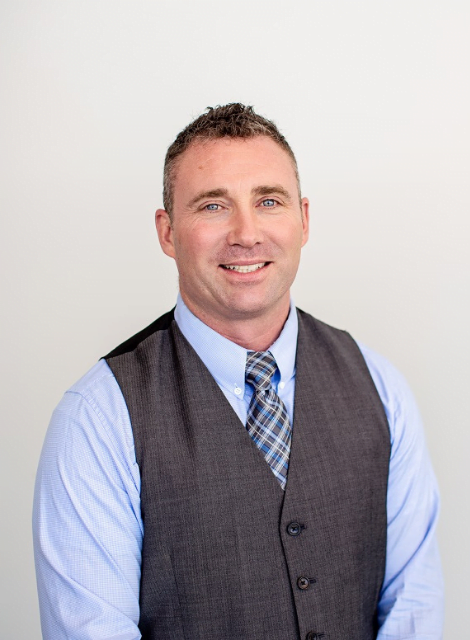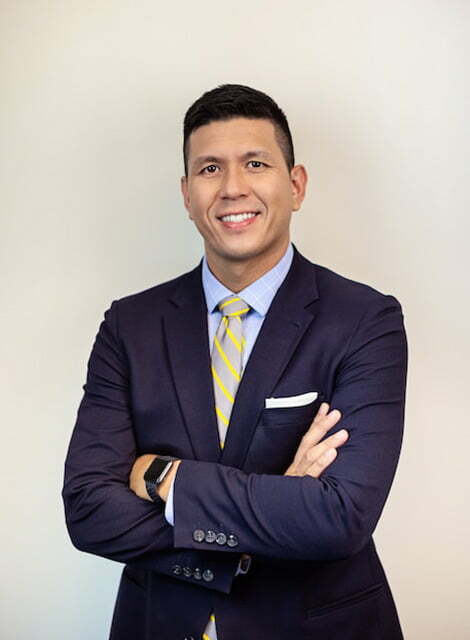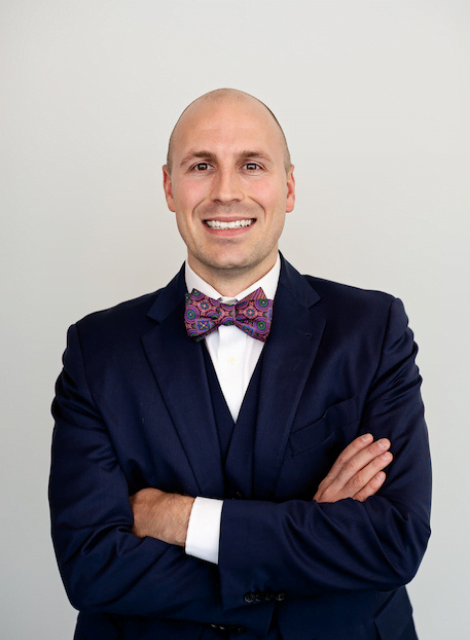SHOULDER INJURY OVERVIEW
Shoulder injuries are frequently caused by athletic activities that involve excessive, repetitive overhead motion, such as swimming, tennis, pitching, and weightlifting. Injuries can also occur during everyday activities.
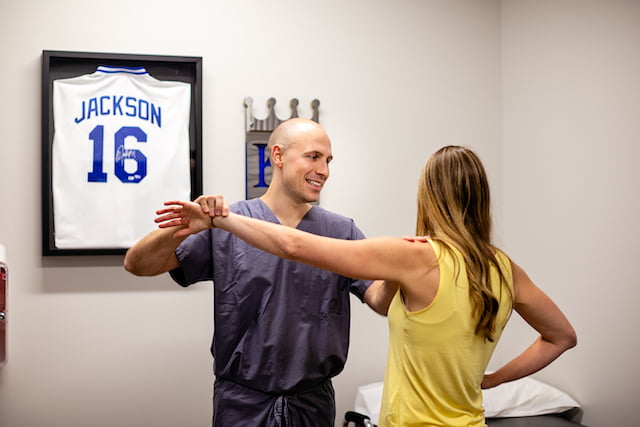
Common Shoulder Conditions and Procedures
Rotator Cuff Injuries
A rotator cuff tear is a common cause of pain and disability among adults. A fall or traumatic injury may cause a rotator cuff tear as well as deterioration of the tendons over time. A torn rotator cuff will weaken your shoulder. This results in pain for many everyday activities, such as brushing your hair or getting dressed.
Shoulder Arthritis
Arthritis is inflammation of a joint. The condition results in loss of cartilage (the smooth lining on the joint surfaces) and, in severe cases, results in the bones rubbing directly against each other. Without the cartilage lining, the typical features of arthritis arise, including pain, swelling, and stiffness.
Biceps Tendonitis
The biceps is a large muscle that helps move the arm and forearm. The biceps tendons originate on the shoulder and insert on the elbow. Biceps tendonitis is inflammation of the biceps tendons on the shoulder and is one of the most common causes of shoulder pain. Because symptoms occur on the shoulder, biceps tendonitis can be easily mistaken for a shoulder injury. An important part of the diagnostic process is having a Sano Orthopedics specialist review the injury history.
Shoulder Replacements
A shoulder joint replacement treats an arthritic shoulder joint. The procedure is usually recommended to treat severe shoulder arthritis that does not respond to nonsurgical treatment options, such as anti-inflammatory medications, corticosteroid injections, physical activity, and lifestyle modifications. Patients who suffer from shoulder arthritis are encouraged to make an appointment with a Sano Orthopedics shoulder specialist to find out if shoulder joint replacement is an appropriate treatment option.
Reverse Total Shoulder Arthroplasty
A Reverse Total Shoulder Arthroplasty procedure may be necessary when someone has severe proximal humerus fractures (arm bone). Significant or massive rotator cuff tears that are left untreated can result in the humeral head migrating upwards, resulting in loss of normal joint space. This loss of space results in the deterioration of the cartilage of the shoulder joint, causing significant pain and loss of normal shoulder function. One of the biggest benefits of RTSA is pain relief. Learn More
Frozen Shoulder
Adhesive Capsulitis, commonly known as frozen shoulder, is characterized by progressive loss of shoulder motion. The prognosis for recovery following frozen shoulder is very good, although it can be a long, hard road to recovery. Learn More.
Shoulder Sprains and Shoulder Fractures
The major differentiation for a fracture compared to all of the aforementioned injuries is that a fracture signifies a break in the bone. Although typically very small, these fractures can result in a large amount of pain and potential complications.
There are several different types of fractures that a person can have, such as:
- An oblique fracture
- A stable fracture
- A compound fracture
- A comminuted fracture
- A transverse fracture
It is important to seek professional treatment for a fracture in order to set the bone properly before it begins to heal. A bone that has healed abnormally will almost certainly cause long-term pain and discomfort for the patient.
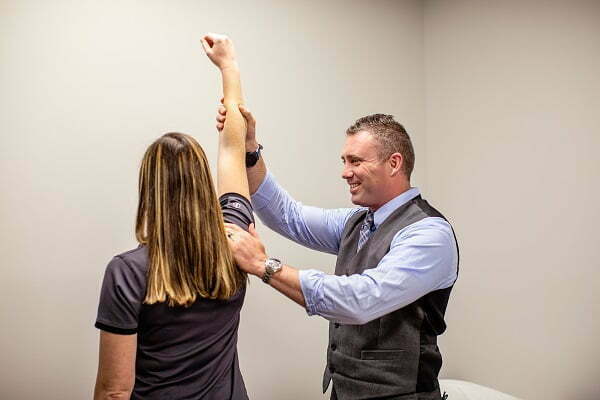
WHY CHOOSE SANO?
We know that surgery isn’t always necessary, and is certainly not the first or only method of treatment. Our goal is to relieve pain and help restore the proper function and alignment of the shoulder with a treatment plan that fits your need. Our qualified team takes their extensive training and fellowship and puts it to use to develop a unique treatment plan for you. Not to mention, our physicians have been leading research in the United States for ligament injuries, so you can be confident in the approach our team takes in returning you to your active lifestyle.
Learn More About Shoulder Injuries & Shoulder Procedures
Sano Evolution: Adding Expertise and Services in 2023
Sano Orthopedics year in review! Adding new providers, specialties, and offices, 2023 was a year of growth for Sano. Reflecting on the year and looking ahead!
Dr. Daggett: Minimally Invasive Shoulder Arthroscopy
Dr. Matt Daggett performs minimally invasive shoulder arthroscopy with biceps tenodesis. No general anesthesia, no stitches: patients recover faster.
Dr. Eckland Answers Shoulder Replacement Questions
Dr. Eckland Answers Shoulder Replacement QuestionsConsidering joint replacement is a big decision, we want our patients to be as informed as possible about the process and...


